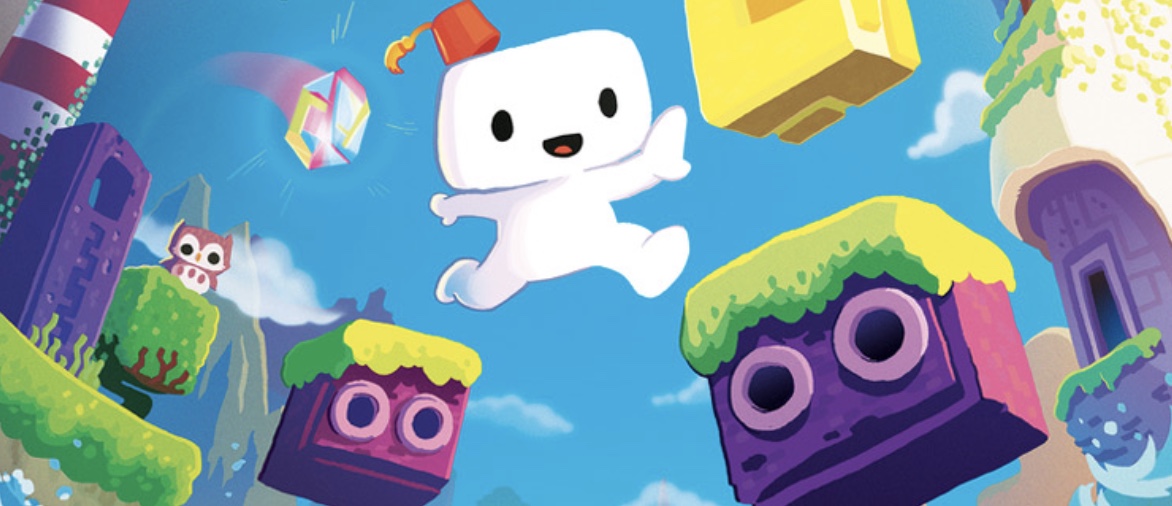Mastering Game Development: Essential Tips and Tricks from DevMyAsset

Mastering Game Development: Essential Tips and Tricks from DevMyAsset
Welcome to the DevMyAsset blog, your go-to resource for all things game development. Whether you're a seasoned developer or just starting your journey in the world of game creation, we're here to provide you with valuable insights, tips, and tricks to help you master the craft. In this blog post, we'll share some essential tips and tricks that can take your game development skills to the next level. Let's dive in!Plan and Prototype:
1. Before diving into development, take the time to plan your game concept thoroughly. Create a detailed design document outlining the mechanics, art style, and overall vision for your game. Additionally, build prototypes to test and refine your ideas. Prototyping allows you to identify potential issues early on, iterate on gameplay mechanics, and ensure a solid foundation for your project.
Embrace Asset Libraries:
2. Game development often involves utilizing pre-existing assets to save time and resources. Explore the vast asset libraries available, such as DevMyAsset, to find high-quality 2D and 3D assets, sound effects, scripts, and more. These assets can significantly speed up your development process and enhance the overall quality of your game.
Optimize Performance:
3. Optimizing your game's performance is crucial for delivering a smooth and enjoyable experience to players. Pay attention to memory management, reduce unnecessary calculations, and optimize resource usage. Be mindful of the target platforms and their limitations to ensure your game runs seamlessly across different devices.
Iterate and Gather Feedback:
4. Regular iteration and gathering feedback are vital components of successful game development. Create a feedback loop by playtesting your game with different audiences and seeking input from fellow developers. Use this feedback to identify areas for improvement, refine gameplay mechanics, and enhance the overall user experience.
Focus on User Experience:
5. A great game goes beyond stunning visuals and engaging mechanics. Pay attention to the user experience (UX) and ensure that your game is intuitive and enjoyable to play. Invest time in creating a user-friendly interface, clear instructions, and responsive controls. Continuously evaluate and refine the UX based on user feedback to create a memorable gaming experience.
Embrace Community and Collaboration:
6. Game development is a collaborative field. Engage with the vibrant game development community, attend conferences, join online forums, and participate in game jams. Collaborate with other developers, exchange ideas, and learn from their experiences. Networking and collaboration can open doors to new opportunities and provide valuable insights to enhance your skills.
Mastering game development is a continuous learning process, and the journey can be both challenging and rewarding. By incorporating these essential tips and tricks into your development workflow, you'll be well on your way to creating extraordinary games. Stay tuned to the DevMyAsset blog for more valuable insights, tutorials, and updates to help you unleash your creativity and excel in the world of game development. Happy creating!
Remember, the most important aspect of game development is your passion and dedication. Keep pushing boundaries, exploring new techniques, and embracing the joy of bringing your imaginative worlds to life. Together, let's make the game development journey an incredible adventure!
Keep up with the latest articles and updates by visiting the DevMyAsset blog. Until next time, happy developing!





